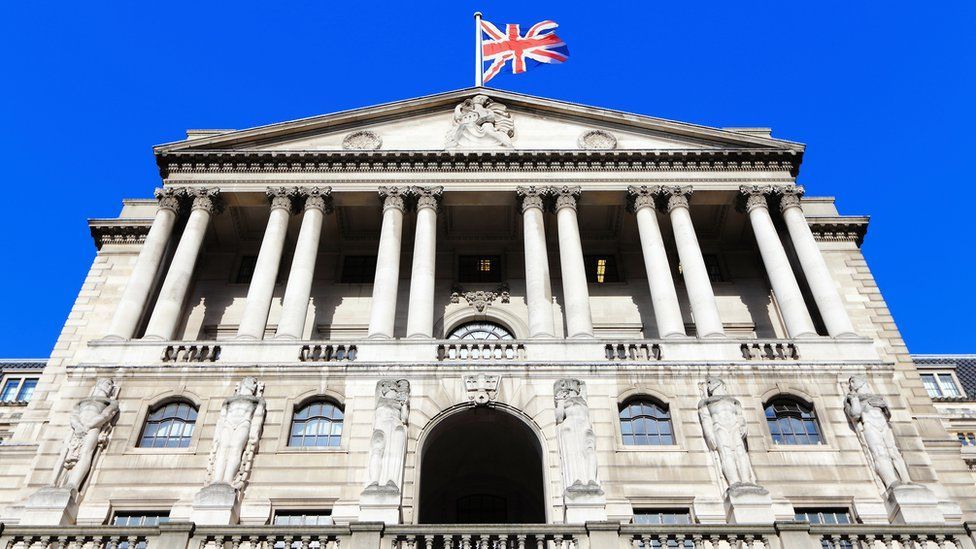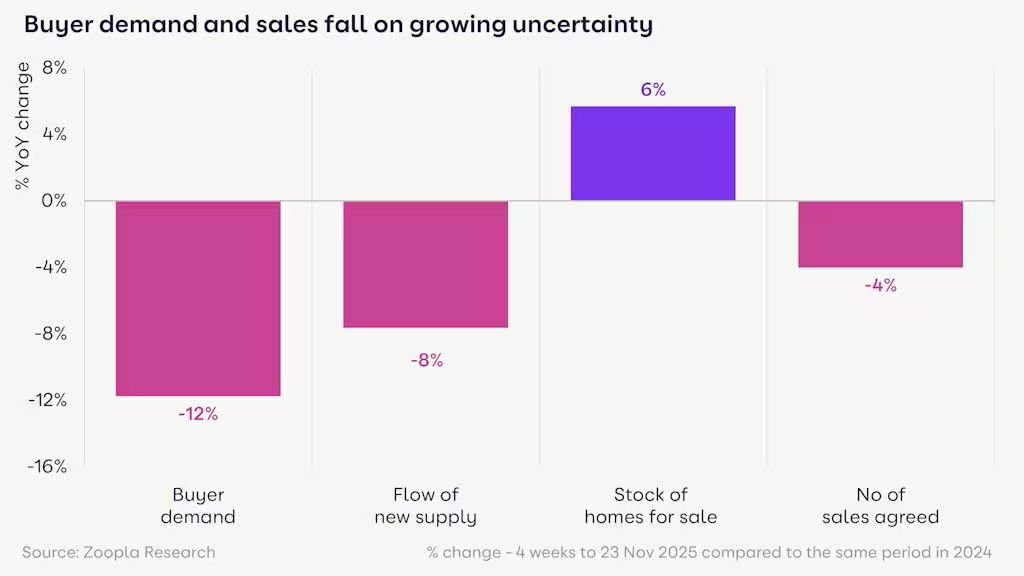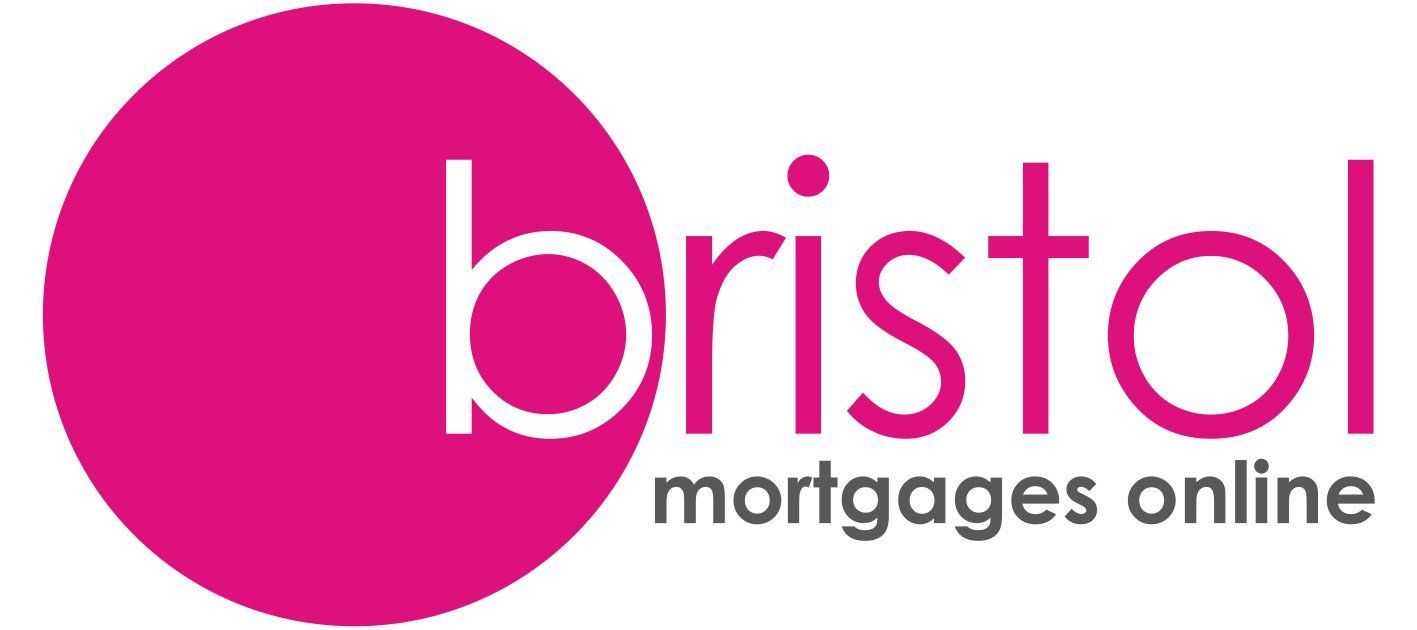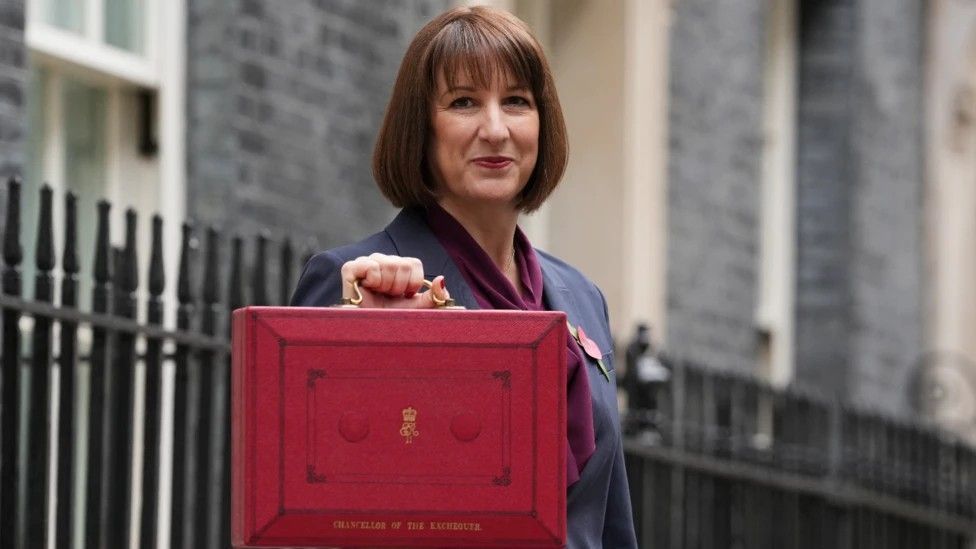Why UK interest rates could rise this week

Adapted from a BBC article by Robert Plummer
Borrowing money in the UK is now as cheap as it ever was - and it's been that way for years. But perhaps not for much longer. The country's main interest rate, set by the Bank of England, has been below 1% since 2009, in the wake of the global financial crisis. In March 2020, as the coronavirus pandemic caused the biggest economic slowdown for centuries, the rate was cut to an all-time low of 0.1%. But now the tide is turning and that era of ultra-cheap money could be coming to an end.
The first in a series of rate rises could come as early as this week, with the Bank's rate-setting Monetary Policy Committee (MPC) due to pronounce on Thursday. If it does lift interest rates, many people with a mortgage will face higher repayments, since lenders will seek to increase their rates in line with the Bank's decision. However, savers will be hoping for a better return on their money.
So why are interest rates expected to rise and how high could they go?
What would an interest rate rise achieve? The main point of making it more expensive to borrow money is to curb inflation - the rate at which prices are rising. As the UK economy recovers from the impact of Covid, consumers have more money to spend. That pent-up demand is pushing up the cost of a whole range of goods, some of which are in short supply because of the way in which factors such as the pandemic and Brexit have disrupted supply chains That's bad news for the Bank, which has a mandate to keep the annual rate of inflation at 2%. If it goes as high as 3% or as low as 1%, the Bank's governor, Andrew Bailey, has to write a letter to Chancellor Rishi Sunak to explain why and what he is going to do about it. We are already in that territory, since inflation is currently at 3.1%. And the Bank expects it to rise further, hitting 4% or even 5% before subsiding again.
Why is the cost of living going up?
If the Bank puts interest rates up, the effect is to persuade people not to borrow and spend. Instead, consumers will tend to save, because returns from savings are higher. With less disposable income being spent, the economy slows and inflation goes down again. That's the theory, at least.
What are the drawbacks?
Interest rates can be a bit of a blunt instrument. If they go up too far and too fast, that can choke off economic recovery and even cause a recession. The Bank has been sitting on its hands in recent months, taking the view that the burst of inflation will be short-lived and will fix itself without the need for intervention. And to be fair, other countries are seeing a similar price surge, yet neither the US Federal Reserve nor the European Central Bank has so far stepped in to raise rates.
But markets now expect the UK's main interest rate to rise from 0.1% to 0.25% in the first instance, with further increases to follow, perhaps reaching the pre-Covid level of 0.75% by the middle of 2022. Those expectations are already having a direct impact on the mortgage market, with borrowers trying to lock in a low rate on five-year fixed deals while they still can, while some of the best deals are already disappearing.
Mortgage experts say they are expecting a "slow and measured" increase in the cost of home loans.
How would mortgage holders be affected by a rate rise?
- ·Some 74% of mortgage holders are on fixed-rate deals, so would only see a change in their repayments when their current term ends
- Of the remainder, 850,000 homeowners are on tracker deals, which usually move in line with Bank rate changes
- The other 1.1 million are on standard variable rates (SVR), often because they have been automatically moved at the end of their fixed-deal term. The rate of interest they pay can be changed at any time by their lender, as is often the case if the Bank rate is altered
- Were there to be a 0.25 percentage point rise in rates, this would translate to approximately an additional £26-a-month mortgage payment on average for a tracker rate customer and £16 for the typical borrower on an SVR
Source: UK Finance
So is a rate rise a done deal?
There are nine people on the Bank's MPC, so at least five of them need to be in favour of putting up rates. Analysts reckon that those voting for an increase will include the governor, Mr Bailey, who has said the Bank "will have to act" over rising inflation. The Bank's new chief economist, Huw Pill, has declined to say how he will vote, but he has said the Bank is in a "very uncomfortable place" and that the decision on Thursday is "finely balanced". If rates do not go up on Thursday, the MPC will have other chances at its next two meetings in December and February. Markets seem convinced that there will be at least one rate increase by then.
Suppose they hold off. What's the worst that could happen?
Those whose memories stretch back as far as the 1970s will be uncomfortably aware of the dangers posed by out-of-control inflation. Price rises reached their peak in 1975, hitting a rate of 22.6%, as the cost of oil tripled and sent petrol prices rocketing. But in those days, powerful trade unions were able to demand and receive higher wages to match those price increases. This, it has been argued, pushed prices up further, causing an inflationary spiral. No-one is seriously suggesting that those days are set to return. But they do serve as a reminder of why central banks around the world were given a mandate to seek price stability in the first place. If the Bank of England cannot demonstrate its ability to get a grip on rising prices, it could face questions about how well it is doing its basic job.
If you would like to discuss your specific situation regarding your mortgage options, please contact us and we will be delighted to discuss the best choices.
Contact Us
For further details about the service, we offer as a fully independent mortgage brokers or any other mortgage information book your FREE CONSULTATION with one of our expert Mortgage Advisers, please contact us
Bristol Mortgages Online www.bristolmortgagesonline.com Tel 0117 325 1511
Bath Mortgages Online www.bathmortgagesonline.com Tel 01225 584 888
Exeter Mortgages Online www.exetermortgagesonline.com Tel 01392 690 888
Email info@swmortgages.com











